Broccoli Sprouts
Broccoli sprouts are seeds that have germinated and become very young plants that are rich glucoraphanin, a compound that is converted into a potent antioxidant called sulforaphane during digestion.
- According to study, large quantities of inducers of enzymes that protect against carcinogens can be delivered in the diet by small quantities of young crucifer sprouts (e.g., 3-day-old broccoli sprouts) that contain as much inducer activity as 10–100 times larger quantities of mature vegetables.Hence, small quantities of crucifer sprouts may protect against the risk of cancer as effectively as much larger quantities of mature vegetables of the same variety.
In 1992 Paul Talalay, a noted molecular pharmacologist who headed a Johns Hopkins School of Medicine research, published a research showing how consuming cruciferous vegetables can reduce the risk of cancer. Sulforaphane, a compound found in broccoli and in even greater quantities in broccoli sprouts when ingested binds to a protein inside cells increasing the production of enzymes that help cells resist toxic substances, including carcinogens.
But Talalay was keen to avoid hype. “Do I tell everybody to eat broccoli sprouts? No, and we can’t say that eating sprouts will guarantee you won’t get cancer or heart disease. But I believe they are protective.”
Theresa Shapiro, a clinical pharmacologist at Johns Hopkins, said that Talalay’s work “has been around long enough that it has penetrated into the clinic”. Subsequent studies have shown potential benefits of sulforaphane for conditions far beyond cancer, including diabetes and autism.
- Studies suggest that sulforaphane, an isothiocyanate, has anticancer effects against prostate, breast and urinary cancers.It may also protect the skinfrom ultraviolet radiation.
- Broccoli sprouts contain many bioactive, health-promoting compounds. They have been recognized as a rich source of versatile biologically active compounds (such as flavonoids and phenolic acids including gallic, chlorogenic, ferulic, sinapinic, benzoic, and salicylic acids, quercetin, kaempferol, and other endogenous metabolites—vitamin C and glucosinolates) with documented anticancer activity.
- Broccoli sprouts phytochemicals also show antihypertensive, anticancer, cardioprotective, and hypocholesterolemic abilities and have bactericidal properties against Helicobacter pylori .
- Broccoli sprouts consumption may also protect against oxidative stress-induced upper airway disease and DNA damage.
- In overweight subjects, long-term dietary consumption of broccoli sprouts reduced levels of inflammatory markers.
- Glucoraphanin extracted from broccoli sprouts might assist in the excretion of environmental toxicants. The Memorial Sloan Kettering Cancer Center reports that “broccoli sprouts can help to eliminate environmental toxins, protect against bacterial infections and against oxidative damage”.
- Other studies suggest broccoli sprouts supplementation may enhance antiviral responses.
- It also contains measurable amounts of the antioxidants lutein and zeaxanthin, which may prevent oxidative stress and cellular damage in the eyes
- Studies clearly show that BS contain compounds able to inhibit the activity of some prooxidant enzymes such as lipoxygenase (LOX) and xanthine oxidase (XO) and to activate antioxidant enzymes such as catalase (CAT) and superoxide dismutase (SOD)
Cancer
Studies have shown that sulforaphane might protect against a variety of cancers, including cancer of the liver, bladder, colon, breast and prostate.
Sulforaphane may also prevent cancer cell growth by releasing antioxidant and detoxification enzymes that protect against carcinogens— substances that cause cancer
Glucosinolates are the main compounds in broccoli and its sprouts that are transformed into isothiocyanates when chopped or chewed. Studies suggest that isothiocyanates have anti-cancer and anti-inflammatory activity.
- Studies have identified a sub-population of tumor cells with stem cell-like self-renewal capacity that may be responsible for relapse, metastasis, and resistance, as a potential target of sulforaphane and may be an important aspect of sulforaphane chemoprevention. Evidence also suggests that sulforaphane may target the epigenetic alterations observed in specific cancers, reversing aberrant changes in gene transcription through mechanisms of histone deacetylase inhibition, global demethylation, and microRNA modulation.
- Research findings demonstrate that sulforaphane (SFN) could be considered as a potential adjuvant therapeutic agent in treating glioblastoma (GBM) patients.combined with Temozolomide (TMZ)in the future to affect resistance emergence.
- Research suggests that selenium-enriched broccoli sprouts could potentially be used as an alternative selenium source for prostate cancer prevention and therapy.
- Epidemiologic evidence suggests diets rich in cruciferous vegetables, particularly broccoli, are associated with lower bladder cancer risk. A study reported that eating broccoli or broccoli sprouts may slow the growth of bladder cancer. The effect was associated with compounds glucosinolates and isothiocyanates.
- Research shows that sulforaphane inhibits breast cancer stem cells(CSCs) and downregulates the Wnt/beta-catenin self-renewal pathway. These findings support the use of sulforaphane for the chemoprevention of breast cancer stem cells
- Research suggests that a prenatal/maternal broccoli sprouts diet appeared to offer greater preventive effects on breast cancer developmentcompared with postnatal early-life treatment.
- A clinical trial in China found that consuming tea from a boiling-water infusion of broccoli sprouts may decrease urinary concentrations of aflatoxin-N7-guanine, an aflatoxin–DNA adduct metabolite and biomarker suggesting that it may protect against liver cancer by decreasing aflatoxin bioactivation.
Heart
In one study, scientists in the United Kingdom examined whether sulforaphane might protect blood vessel cells from the vascular damagethat can occur in diabetes as glucose levels surge.
- In a study, researchers found that a diet containing broccoli sprouts, which have a high concentration of glucoraphanin, decreased blood pressure and inflammation in the heart.
Cholesterol
Evidence from two independent human studies indicates that consumption of high glucoraphanin broccoli significantly reduces plasma LDL-C.
According to a study, only one-week intake of broccoli sprouts improved cholesterol metabolism and decreased oxidative stress markers.
- The study found a decrease in total cholesterol and LDL cholesterol, and a significant increase in HDL cholesterol.
- Plasma cystine decreased significantly. All subjects showed reduced PCOOH, 8-isoprostane and 8-OHdG, and increased CoQ(10)H(2)/CoQ(10) ratio.
Diabetes
A study found that supplementation of type 2 diabetics with high sulforaphane content broccoli sprouts resulted in increased total antioxidant capacity of plasma and in decreased oxidative stress index, lipid peroxidation, serum triglycerides, oxidized low-density lipoprotein (LDL)/LDL-cholesterol ratio, serum insulin, insulin resistance, and serum high-sensitive C-reactive protein.
- Researchers concluded that sulforaphane could prevent nephropathy, diabetes-induced fibrosis, and vascular complications. Potential efficacy of sulforaphane and probably other bioactive components of young broccoli sprouts makes it as an excellent choice for supplementary treatment in type 2 diabetes.
A 12-week study in 97 people with type 2 diabetes examined how consuming broccoli sprout extract — equivalent to 150 µmol of sulforaphane — daily affected blood sugar levels.
- The study concluded that sulforaphane effectively reduced fasting blood sugar levels by 6.5% and improved hemoglobin A1c, a marker of long-term blood sugar control. These effects were particularly strong in participants who were obese with poor diabetes control.
Gut
Research has found that found that broccoli sprout extract confers “dramatic protection” against H. pylori infection and associated gastritis and inflammation.
- A study involving patients with H. pylori infections, in which half the volunteers ate 2.5 ounces of broccoli sprouts per day for two months and half ate the equivalent amount of alfalfa sprouts (which do not contain sulforaphane). At the end of the dietary regimen, patients consuming 100 grams of broccoli sprouts per day showed significantly less H. pylori and markedly decreased pepsinogen (an indicator of gastric atrophy). Alfalfa sprouts did not show any effect.
- “The data suggest strongly that a diet rich in sulforaphane glucosinolate may help protect against gastric cancer, presumably by activating gastric mucosal anti-oxidant enzymes that can protect the cells from H. pylori-induced DNA damage.” – Akinori Yanaka, who is from the University of Tsukuba, Japan, and served as lead investigator of the study.
- Chronic oxidative stress impairs regular defecation. Sulforaphane (SFN) inhibits overgrowth of anaerobic microflora and protects small intestine from oxidative injury. A study suggested that daily intake of BS improves bowel habit in human subjects.
- A study found Broccoli sprouts to be a rich source of antioxidants to improve the defensive system against oxidative stress in the human colon mucosa.
Lungs
Studies provide evidence that sulforaphane-containing broccoli sprouts might also confer protection against asthma, chronic obstructive pulmonary disease or other respiratory illnesses.
- A clinical trial conducted by researchers from the Johns Hopkins Bloomberg School of Public Health, with colleagues at several United States and Chinese institutions, involving nearly 300 Chinese men and women residing in one of China’s most polluted regions found that daily consumption of a half cup of broccoli sprout beverage produced rapid, significant, and sustained higher levels of excretion of benzene, a known human carcinogen, and acrolein, a lung irritant.
- A study found that eating broccoli and other cruciferous vegetables may lower the odds of developing lung cancer in the population that carries inactive genotypes of GSTM1 and GSTT1 by 72% (compared with those who did not eat the vegetables). The chemo preventive effect was associated with isothiocyanates.
Brain
- A study conducted by researchers at Johns Hopkins University School of Medicine and Massachusetts General Hospital for Children, published in the Proceedings of the National Academy of Sciences, found that Sulforaphane in broccoli sprouts is able to temporarily improve symptoms of Autism Spectrum Disorder (ASD).
- Improvements with social interactionshad been recorded in 46% of the participants that had taken sulforaphane. Some of these participants had also begun to look people in the eye and shake hands; a first for all of them.
- A total of 54% of participants exhibited an improvement with aberrant behaviors—including ritualistic movements and hyperactivity.
- Verbal communication improvedamong 42% of them.
- However, weeks after they stopped taking the sulforaphane, the symptoms returned to their pre-study levels.
- A study by Johns Hopkins Medicine researchers found a set of chemical imbalances in the brains of people with schizophrenia related to the chemical glutamate. And they figured out how to tweak the level using a compound derived from broccoli sprouts.
- The results advance the hope that supplementing with broccoli sprout extract, which contains high levels of the chemical sulforaphane, may someday provide a way to lower the doses of traditional antipsychotic medicines needed to manage schizophrenia symptoms, thus reducing unwanted side effects of the medicines.
- “It’s possible that future studies could show sulforaphane to be a safe supplement to give people at risk of developing schizophrenia as a way to prevent, delay or blunt the onset of symptoms,” –Akira Sawa, M.D., Ph.D., professor of psychiatry and behavioral sciences at the Johns Hopkins University School of Medicine and director of the Johns Hopkins Schizophrenia Center.
- A study showed that the consumption of raw broccoli sprouts juice resulted in the pharmacologic activation of the NF-E2-related factor 2 (Nrf2) signalling pathway and hence it might be a practical preventive and therapeutic strategy for Alzheimer’s Disease patients.
- Research indicates that dietary intake of SFN-rich broccoli sprouts during the juvenile and adolescencemay prevent the onset of psychosis at adulthood.
Ageing
The process of aging is largely attributed to oxidative stress and reduced metabolic function over the course of our lifespan. Though aging is an unavoidable natural process, nutrition is thought to be a major player in determining genetic expression and development of age-related diseases .
- Research shows that sulforaphane, a key bioactive compound in broccoli sprouts, may have the capacity to slow the biochemical process of aging by increasing the expression of antioxidant genes.
Protection against sun damage
Studies suggest that sulforaphane may protect against ultraviolet (UV) skindamage caused by the sun.
- SFN demonstrated protective effects against UV-induced skin damage through several mechanisms of action, for example, decrease of reactive oxygen species production, inhibition of matrix metalloproteinase expression, and induction of phase 2 enzymes.
UV radiation (UVR) is a complete carcinogen that elicits a constellation of pathological events, including direct DNA damage, generation of reactive oxidants that peroxidize lipids and damage other cellular components, initiation of inflammation, and suppression of the immune response.
- A study found that topical application of sulforaphane-rich extracts of 3-day-old broccoli sprouts up-regulated phase 2 enzymes in human skin and reduced susceptibility to erythema arising from narrow-band 311-nm UVR.
Bone Health
A study publishes in the Journal of Biological Chemistry, Thaler et al. reported that sulforaphane had substantial positive effects on the epigenetics of bone remodeling. They found that sulforaphane helps to increase bone volume and reduce bone loss caused by a loss of estrogen. The data indicated that sulforaphane epigenetically stimulates osteoblast activity and diminishes osteoclast bone resorption, shifting the balance of bone homeostasis and favoring bone acquisition and/or mitigation of bone resorption. Thus, consu,ption of sulforaphane rich foods could be considered for novel strategies to counteract osteoporosis.
BUY LINK: https://imojo.in/broccoli
Source:
https://www.ncbi.nlm.nih.gov/pmc/articles/PMC23369/
https://www.ncbi.nlm.nih.gov/pmc/articles/PMC4477226/
https://www.ncbi.nlm.nih.gov/pmc/articles/PMC5773831/
https://www.ncbi.nlm.nih.gov/pubmed/17956979
https://www.sciencedaily.com/releases/2017/09/170920100015.htm
http://www.jbc.org/content/early/2016/01/12/jbc.M115.678235.full.pdf
https://www.hopkinsmedicine.org/institute_basic_biomedical_sciences/news_events/articles_and_stories/cancer_disease/2010_08_eat_veggies.html
https://www.independent.co.uk/news/obituaries/paul-talalay-death-preventing-cancer-broccoli-john-hopkins-university-a8829956.html
https://www.todaysdietitian.com/news/070714_news.shtml
https://www.iflscience.com/health-and-medicine/chemical-extracted-broccoli-sprouts-may-help-ease-autism-symptoms/
https://www.mskcc.org/cancer-care/integrative-medicine/herbs/broccoli-sprouts
https://www.ncbi.nlm.nih.gov/pmc/articles/PMC4763488/
https://www.ncbi.nlm.nih.gov/pubmed/16284385/
https://www.ncbi.nlm.nih.gov/pmc/articles/PMC2794877/
https://www.ncbi.nlm.nih.gov/pmc/articles/PMC4692095/
https://www.ncbi.nlm.nih.gov/pubmed/23631497
https://www.ncbi.nlm.nih.gov/pubmed/15630296
https://www.ncbi.nlm.nih.gov/pubmed/25991372
https://www.ncbi.nlm.nih.gov/pubmed/23038615
https://www.ncbi.nlm.nih.gov/pubmed/19480351
https://www.ncbi.nlm.nih.gov/pubmed/28615356
https://www.ncbi.nlm.nih.gov/pubmed/25186016
https://www.healthline.com/nutrition/sulforaphane#benefits
https://www.ncbi.nlm.nih.gov/pubmed/29977456
https://www.ncbi.nlm.nih.gov/pubmed/25364882
https://www.ncbi.nlm.nih.gov/pubmed/18504070
https://www.healthline.com/nutrition/benefits-of-broccoli#section9
https://www.ncbi.nlm.nih.gov/pmc/articles/PMC5456215/
https://www.ncbi.nlm.nih.gov/pubmed/20388854
https://www.ncbi.nlm.nih.gov/pubmed/14514658/
https://www.ncbi.nlm.nih.gov/pubmed/26799467
https://sproutnet.com/broccoli-sprouts-relieves-gastritis/
https://www.webmd.com/heart/news/20040428/broccoli-sprouts-may-protect-heart
http://clinical-nutrition.imedpub.com/consumption-of-broccoli-sprouts-attenuatesintracellular-p38-map-kinase-and-reactiveoxygen-species-proinflammatory-activationin-hum.php?aid=21325
https://www.mdedge.com/neurology/article/88400/neurodevelopmental-disorders/chemical-derived-broccoli-sprouts-shows-promise
|
From a pimple to cancer, our You Care Wellness Program helps you find a way Talk to our integrative team of experts today 18001020253 |

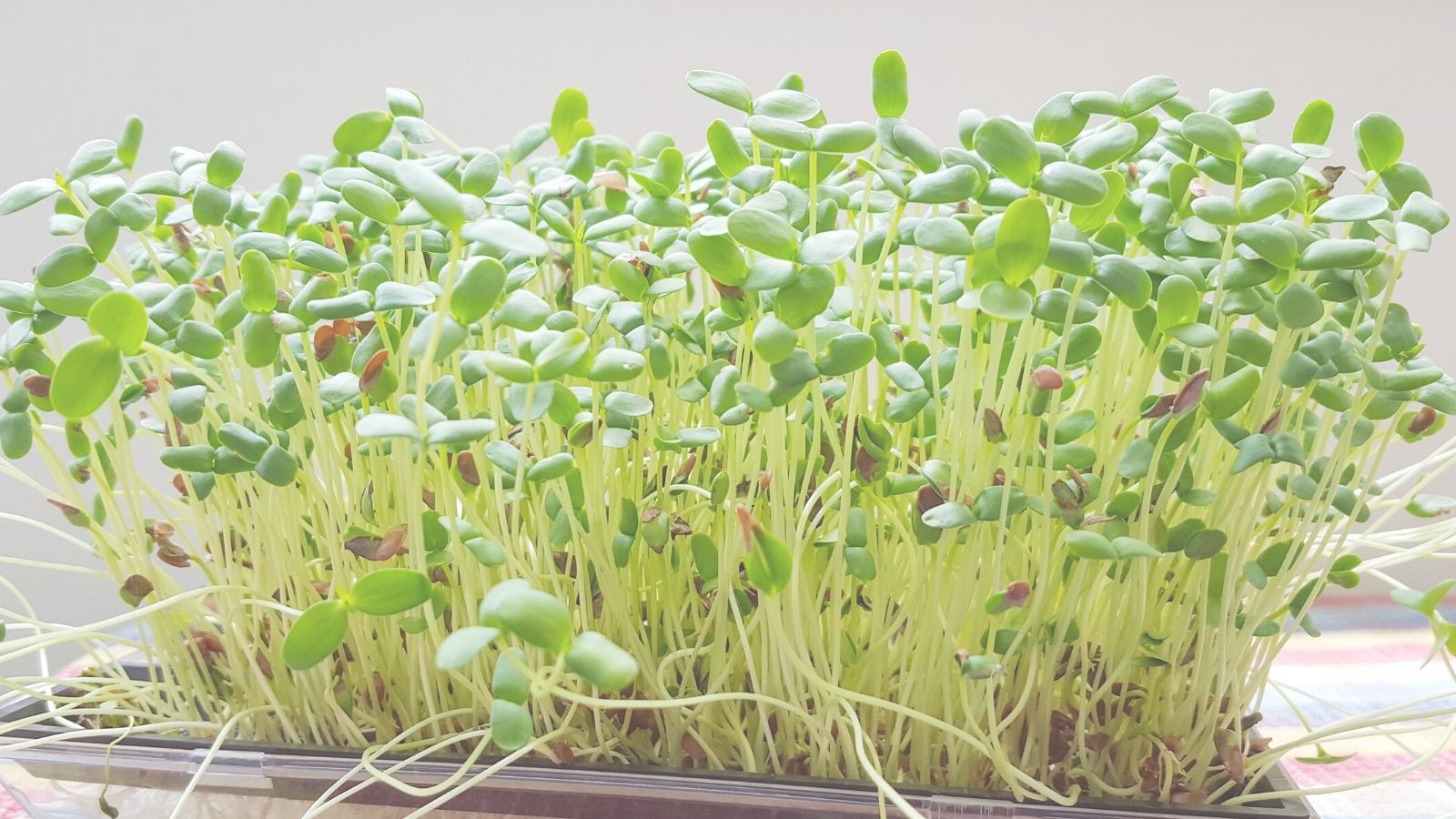

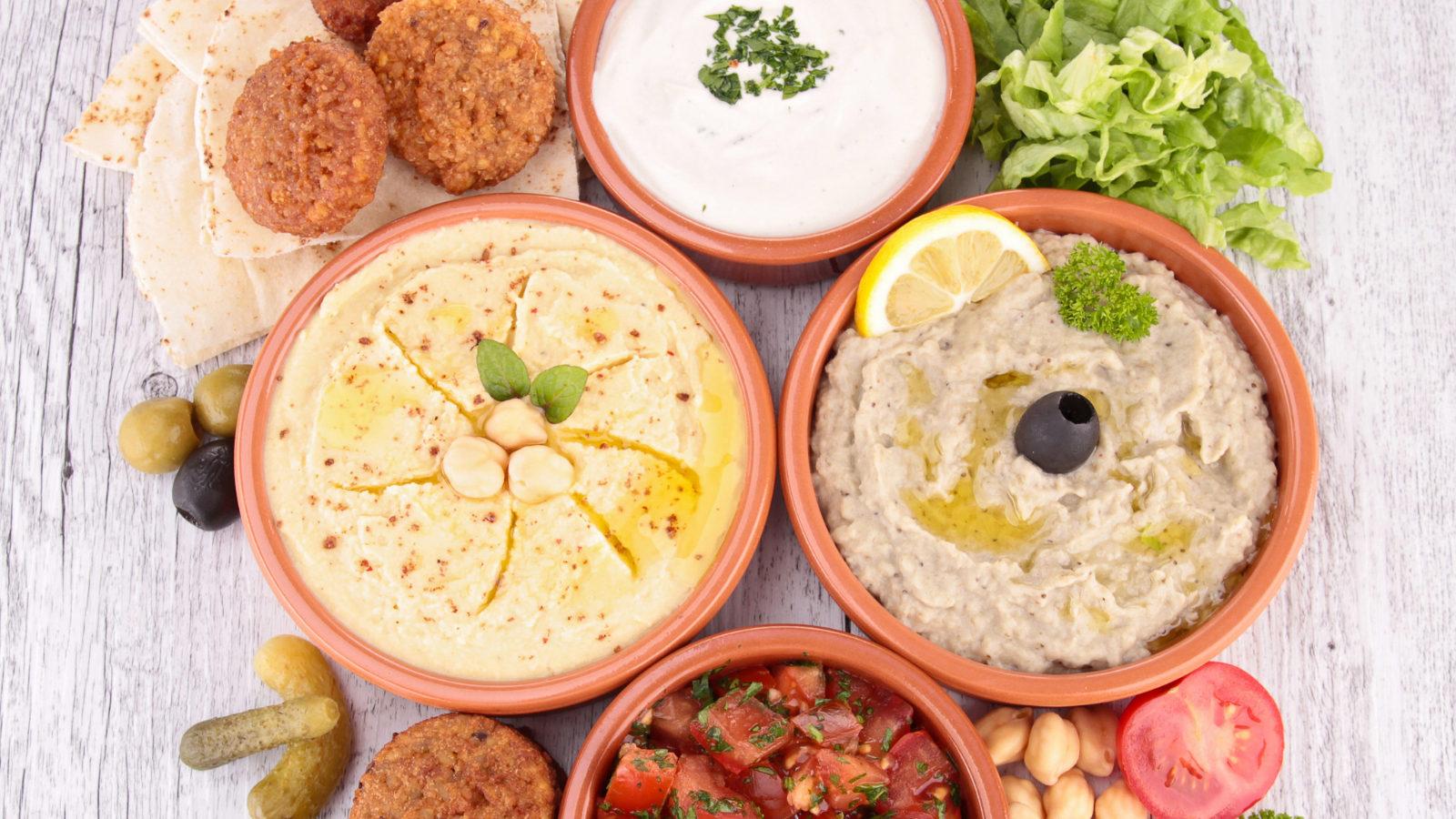
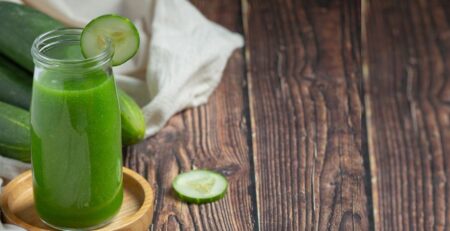
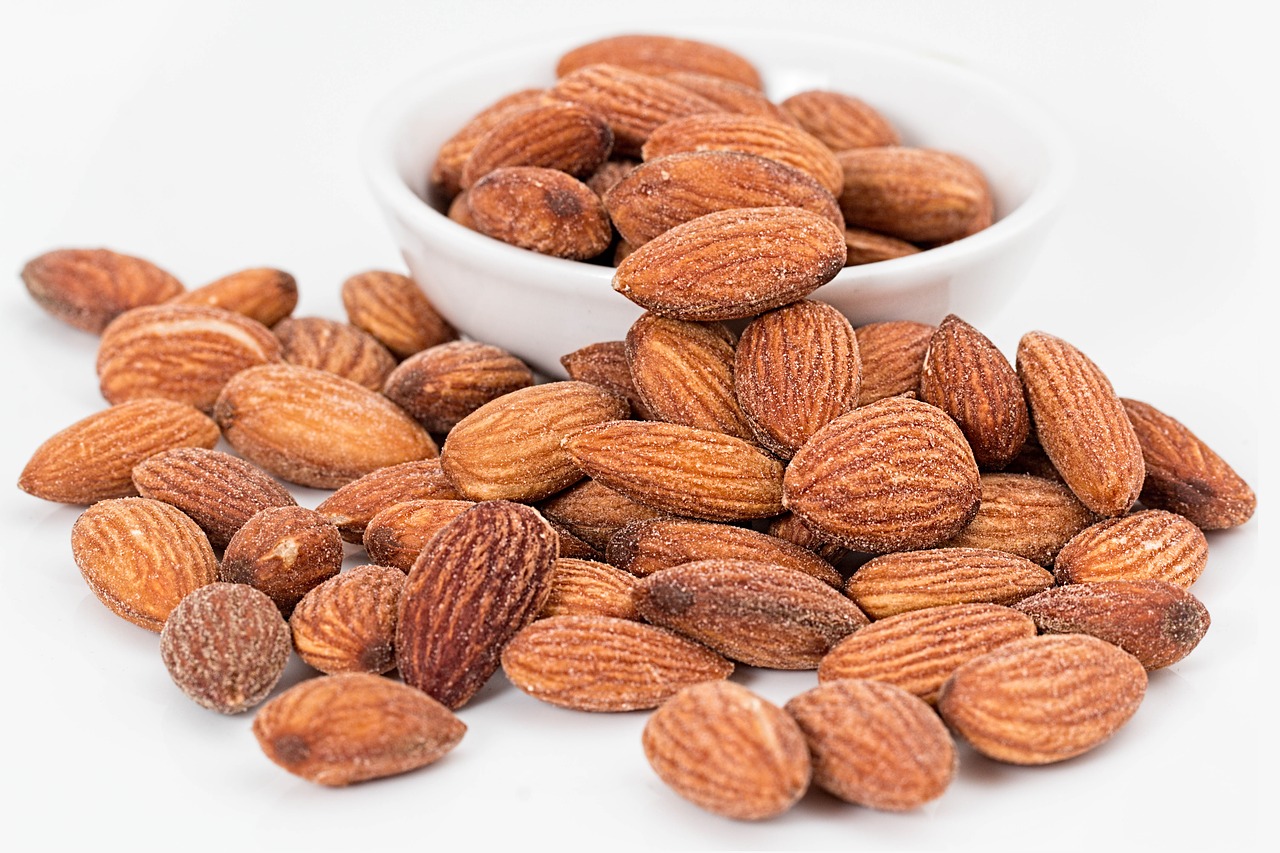
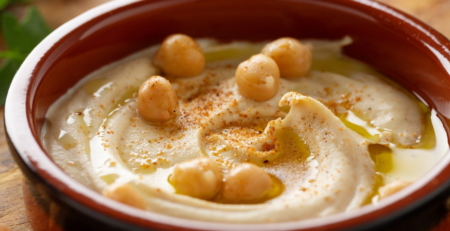



Leave a Reply